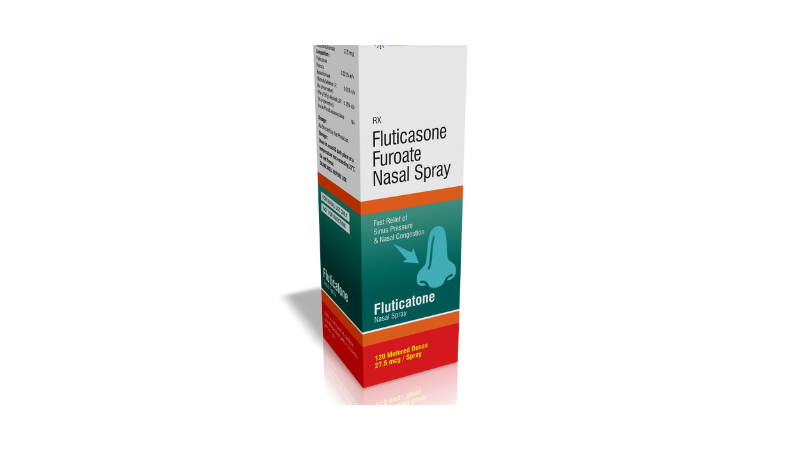Exploring Fluticatone Tablets: A Comprehensive Guide
Feb 26, 2024
Introduction
Fluticatone tablets are a medication commonly prescribed to manage various inflammatory and allergic conditions, particularly those affecting the respiratory system. As a corticosteroid, Fluticatone exerts potent anti-inflammatory effects, making it effective in alleviating symptoms associated with conditions such as asthma, allergic rhinitis, and chronic obstructive pulmonary disease (COPD). This article aims to provide a comprehensive overview of Fluticatone tablets, including their mechanism of action, indications, dosage, side effects, and precautions, to facilitate a better understanding for both patients and healthcare providers.
Mechanism of Action
Fluticatone, the active ingredient in Fluticatone tablets, belongs to a class of medications known as corticosteroids. It works by reducing inflammation in the body, particularly in the airways of the lungs. Fluticatone exerts its anti-inflammatory effects by inhibiting the production of inflammatory mediators such as cytokines and leukotrienes, thereby suppressing the immune response that contributes to inflammation and allergic reactions. By reducing inflammation, Fluticatone helps to alleviate symptoms such as wheezing, shortness of breath, nasal congestion, and cough associated with respiratory conditions.
Indications for Use
Fluticatone tablets are indicated for the management of various inflammatory and allergic conditions, particularly those affecting the respiratory system. They are commonly prescribed for the treatment of asthma, a chronic inflammatory disorder characterized by reversible airflow obstruction and bronchospasm. Fluticatone is also used in the management of allergic rhinitis, an allergic reaction that causes symptoms such as nasal congestion, sneezing, and itching. Additionally, Fluticatone may be prescribed as maintenance therapy in patients with COPD to reduce inflammation and improve lung function.
Dosage and Administration
The dosage of Fluticatone tablets may vary depending on the severity of the condition being treated and the individual patient's response to therapy. Typically, Fluticatone is administered orally once daily, with dosages ranging from 50 to 500 micrograms per day. The exact dosage and duration of treatment should be determined by the healthcare provider based on factors such as the patient's age, weight, medical history, and the specific condition being treated. It is important to follow the prescribed dosage and administration instructions to achieve optimal therapeutic outcomes.
Monitoring and Adjustments
Regular monitoring of the patient's clinical response to Fluticatone therapy is essential to assess the effectiveness of treatment and identify any potential adverse effects. Healthcare providers may evaluate parameters such as respiratory symptoms, lung function tests, and the frequency of exacerbations. Based on these assessments, adjustments to the dosage or treatment regimen may be considered to optimize outcomes. Patients should attend follow-up appointments as scheduled and communicate any concerns or changes in symptoms to their healthcare provider.
Side Effects
While Fluticatone tablets are generally well-tolerated, they may cause certain side effects in some individuals. Common side effects include irritation of the throat or mouth, cough, hoarseness, and fungal infections of the mouth or throat (thrush). These side effects are usually mild and can often be minimized by rinsing the mouth with water after each dose. However, more serious adverse effects, although rare, may occur, including allergic reactions, adrenal suppression, and increased risk of infections. Patients should report any unexpected or concerning symptoms to their healthcare provider promptly.
Precautions and Considerations
Before initiating Fluticatone therapy, healthcare providers should assess patients for any underlying medical conditions or risk factors that may influence treatment outcomes. Patients with a history of hypersensitivity reactions to Fluticatone or other corticosteroids should exercise caution when using this medication. Additionally, Fluticatone should be used with caution in patients with certain medical conditions, such as tuberculosis, herpes simplex virus infection, or untreated fungal, bacterial, or parasitic infections. Healthcare providers should weigh the potential benefits of Fluticatone therapy against the risk of adverse effects when prescribing this medication.
Conclusion
In conclusion, Fluticatone tablets are a valuable medication in the management of various inflammatory and allergic conditions, particularly those affecting the respiratory system. Understanding its mechanism of action, indications, dosage, side effects, and precautions is essential for both patients and healthcare providers. By adhering to prescribed guidelines and closely monitoring patients' clinical response to therapy, Fluticatone can effectively alleviate symptoms and improve the quality of life for individuals with respiratory conditions.
FOR MORE FURTHER INFORMATION:
EMAIL: info@sterispharma.com / contact@sterispharma.com
CONTACT NO: 8209542042, 8955945010, 7877551268, 6377716668
WATSAPP: HARSHITA, SAKSHI, MONA, SHWETA
Recent Post
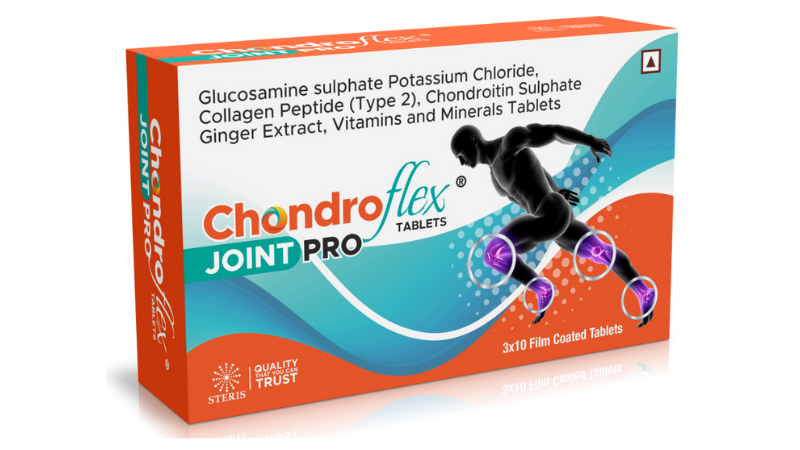
Calcium Citrate Malate Vitamin D3 Relief: Chondroflex Joint Pro.
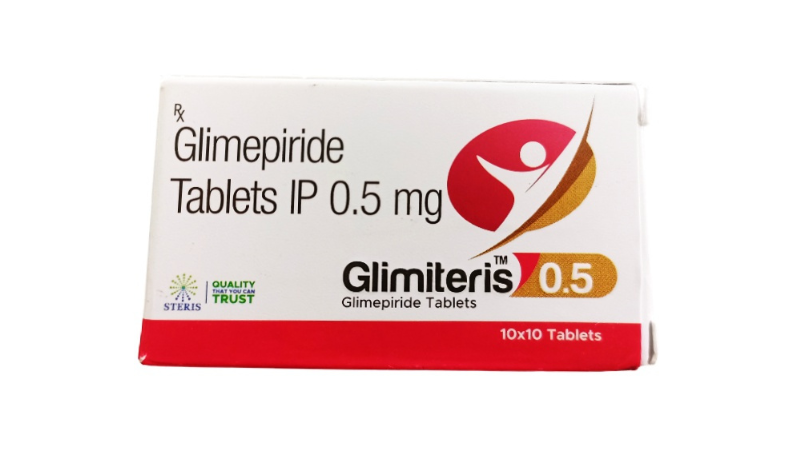
Glimepiride IP 0.5mg Tablet: Up to 30% Discount Available at Steris Healthcare.

VELAXFINE XR 75: Advanced Relief with Venlafaxine Hydrochloride 75 mg for Depression & Anxiety.

Venlafaxine 37.5mg Tablet | VELAXFINE XR 37.5 from Steris Healthcare Pvt Ltd.
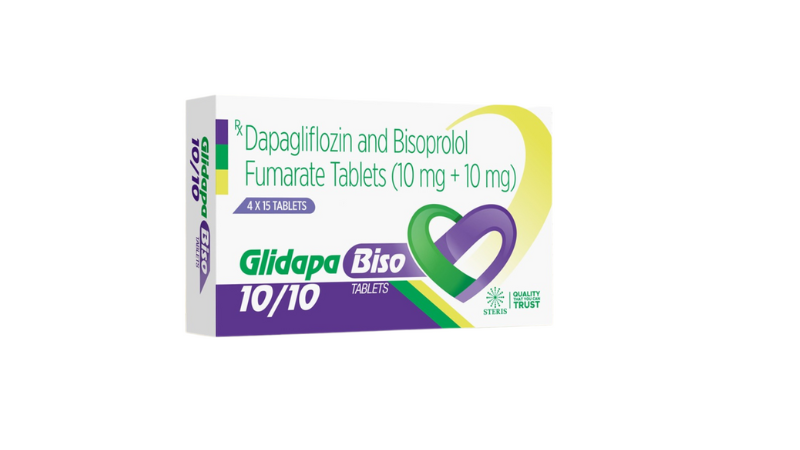
Glidapa Biso: Dapagliflozin 10mg and Bisoprolol Fumarate 10mg Tablet.
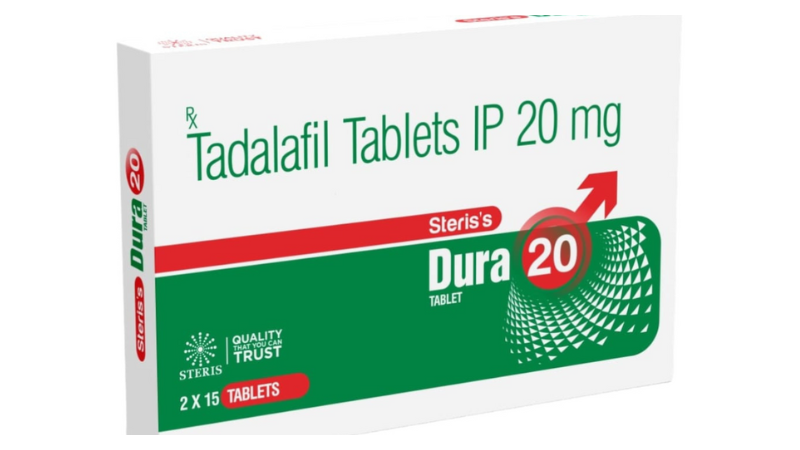
Tadalafil गोली: मिलीग्राम उपयोग, साइड इफेक्ट, and Price.
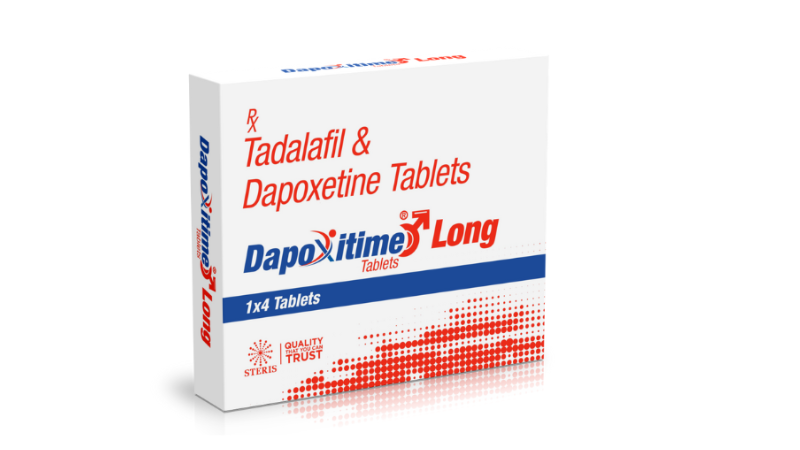
Dapoxetine Safe and Effective In Treating Premature Ejaculation.
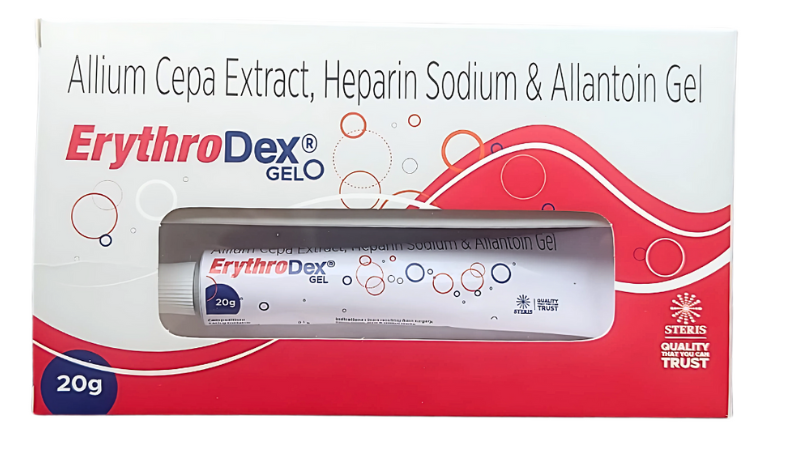
Allium Cepa Extract, Heparin Sodium & Allantoin Gel: Advanced Scar Healing & Skin Repair Solution

Clobetasol Propionate, Neomycin Sulphate & Miconazole Nitrate Cream

Diclofenac Gel Enhanced with Menthol and Linseed Oil for Quick Comfort`

